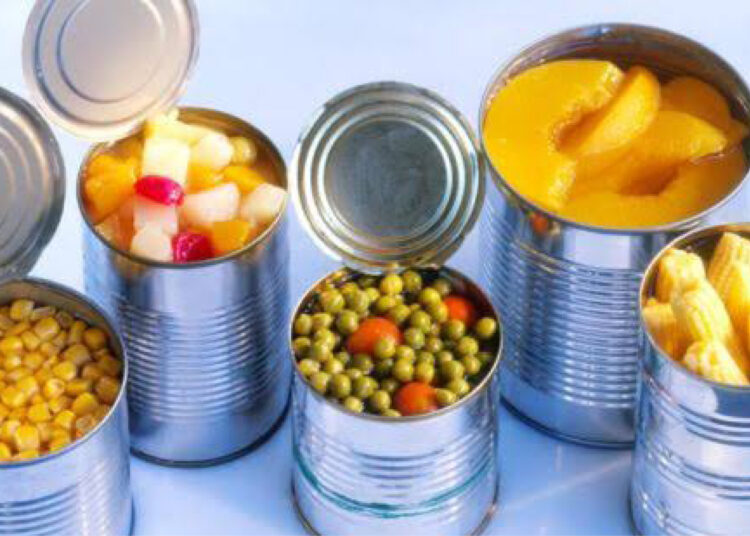HOMEMADE OR UNLABELLED FOODS
Homemade meals, unlabelled snacks, and repackaged food items are not allowed. Only factory-sealed, clearly labelled food products from recognised brands can pass through customs.
HONEY AND BEE PRODUCTS
Raw honey, bee pollen, and royal jelly are restricted because they can carry bacteria and diseases harmful to local bee populations. Processed honey from approved sources may be allowed in limited quantities.
FISH AND SEAFOOD
While dried catfish, crayfish, and herring are permitted, fresh or frozen seafood without proper certification is banned. The restriction helps prevent contamination from bacteria and marine toxins.
MEAT AND MEAT PRODUCTS
Canada strictly prohibits most meat products, including fresh, dried, smoked, or cured meats like kilishi, ponmo, sausages, and bacon. Even meat-based seasonings and broths are not allowed.
DAIRY PRODUCTS
Powdered milk, fresh milk, cheese, butter, and yoghurt are not allowed without special permits. The restrictions also help protect against diseases. However, commercially packaged hard cheeses from approved countries may be permitted in small quantities.
FRESH FRUITS AND VEGETABLES
Fresh fruits like apples, oranges, and agbalumo, along with leafy greens and herbs, are banned. These items can carry pests and plant diseases. However, some dried vegetables are allowed.
NUTS AND SEEDS
Unroasted nuts like raw peanuts, cashews, and sunflower seeds are banned to prevent pest infestations. However, roasted, salted, or processed nuts are generally permitted.





